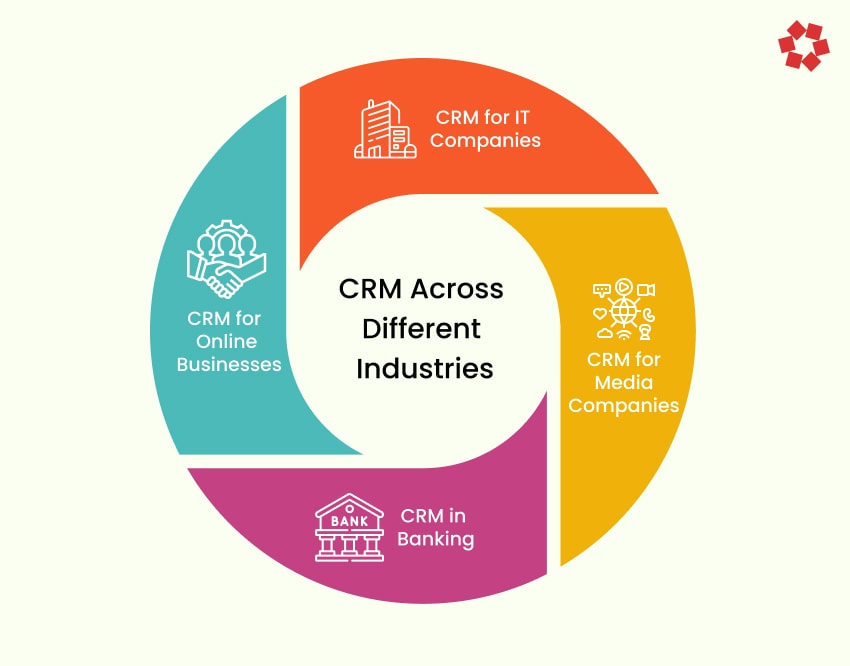Introduction
In today’s digital era, Customer Relationship Management (CRM) systems stand at the epicenter of business operations. Originally emerging as sales-focused tools, CRMs have undergone a transformative evolution. These platforms, especially those tailored for service businesses and online businesses, have gained immense traction among both SMBs and colossal enterprises. Initially conceived as a cornerstone for business customer management, CRM systems empowered sales teams to meticulously track leads, seamlessly manage sales pipelines, and finalize deals with unparalleled efficiency.
However, as the business landscape morphed, so did the role of CRM systems. Their prowess extended beyond mere sales, embracing marketing and customer service. This metamorphosis meant businesses could now craft compelling campaigns, maintain a vigilant eye on every customer interaction, and pledge unwavering, top-tier customer support. Modern-day CRM systems, particularly those specialized for IT companies and Media companies, are a testament to technological advancement. They are adept at managing intricate customer data, offering keen insights into consumer behavior, pioneering marketing automation, and augmenting both sales and customer service processes.
With the dawn of Web App Development, the integration and accessibility of CRM systems have reached new heights, further solidifying their significance. This article aims to illuminate the instrumental role of CRM systems, delineating their journey from mere sales facilitators to the engines driving business triumph in a world where customer-centricity reigns supreme.









